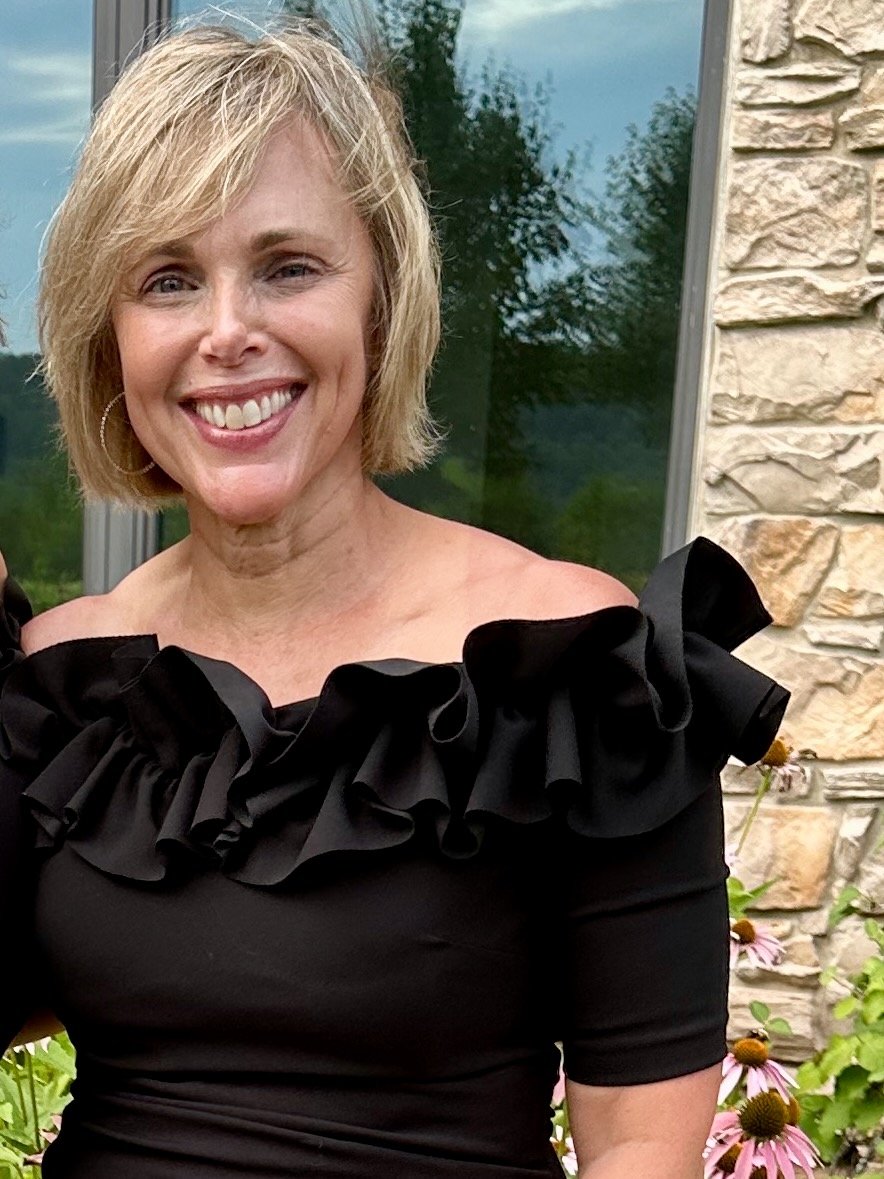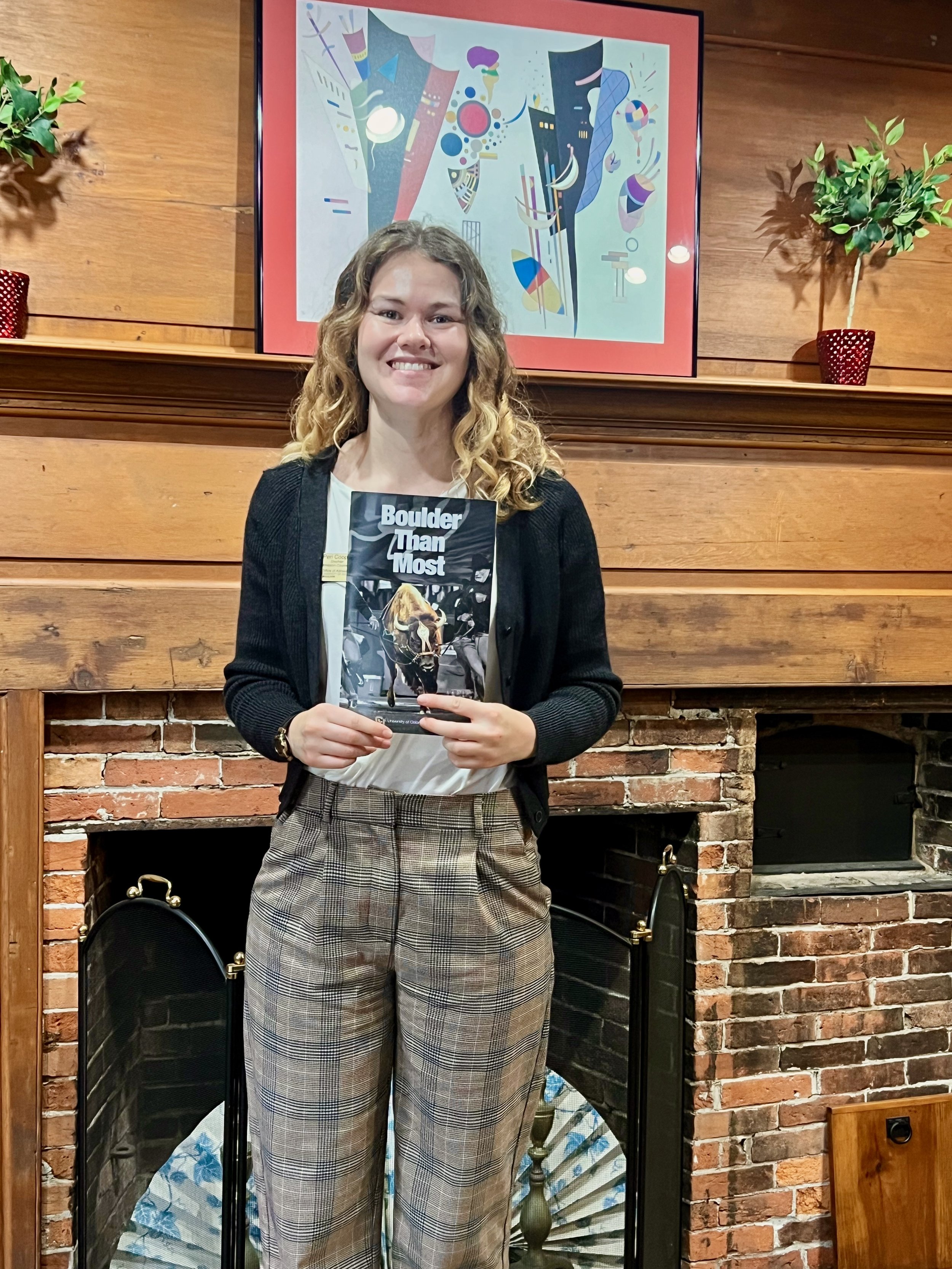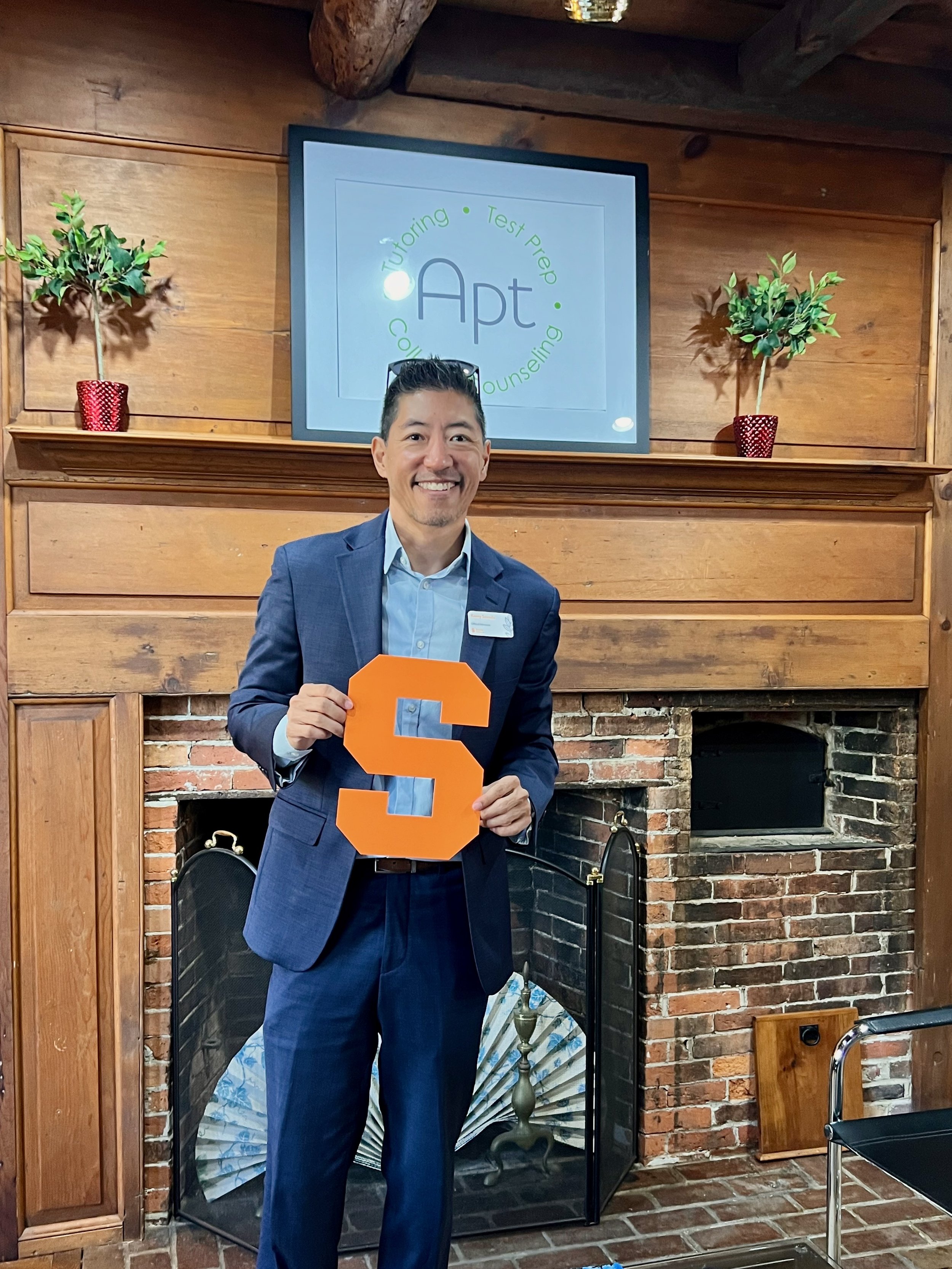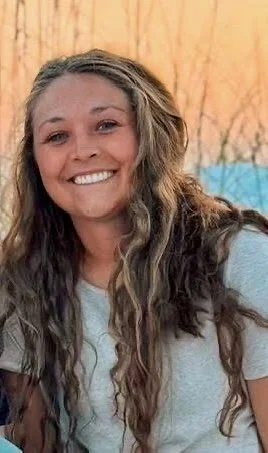As the college application season for Fall 2024 approaches, it’s essential to stay informed about the specific requirements of the colleges you're applying to.
One important component of the Common Application that some colleges and universities require is the Courses and Grades Report (CGR), a self-reported transcript in which students input their high school courses, grades, and other academic information directly into the Common Application. This allows colleges to evaluate academic performance without initially requiring an official transcript. Many universities use the CGR to streamline the application process.
Since the CGR is part of the Common Application, there’s no need to create a separate account. You’ll be able to see which colleges you are applying to require the CGR.
A similar report is called the Student Reported Academic Record (SRAR), which some colleges that use the Common Application require but which is a separate platform. You can create your SRAR account here: https://srar.selfreportedtranscript.com/Login.aspx
How to Complete the CGR and SRAR
Have Your Transcript: We can’t overstate the importance of having your transcript in front of you as you fill out the CGR and SRAR. Please note a transcript is different than a report card. Your transcript should have all of your final grades from 9th to 11th grade.
Pay Attention to Details: Input your information exactly as it appears on your transcript.
Include All Coursework: Don’t forget to include all high school courses, even if, like the first year of a foreign language, they were taken in middle school or outside of the regular academic year.
Check for Accuracy: Double-check your entries before submitting. Even minor errors can delay the processing of your application or raise questions about your integrity. The college you attend will receive your final 9th to 12th grade transcript at the end of your senior year. Discrepancies in the CGR/SRAR and your transcript can result in your acceptance being rescinded.
Seek Guidance if Needed: If you have questions about how to report specific courses or grades, reach out to your school counselor or the admissions office of the college you're applying to. It's better to clarify any uncertainties than to make mistakes.
Pay attention to each college’s deadline: Since the CGR is a section of the Common Application, you won’t be able to submit your application until it’s completed.
The SRAR is usually due after the college’s application deadline. Make sure you submit it on time. Submitting it late may result in an Early Action application being deferred to Regular Decision and a Regular Decision application not being considered at all.
COLLEGES AND UNIVERSITIES THAT USE THE SRAR INCLUDE:*
Baylor University (TX) – optional (website: “highly encouraged”)
Binghamton University (NY) – optional
Clemson University (SC) – required
Duquesne University (PA) – optional
Florida A&M University – required
Florida Atlantic University – required
Florida Polytechnic University (NOT Florida Tech) – required
Florida State University – required
Kean University of New Jersey – required
Louisiana State University – optional
Montclair State University (NJ) – required
New College of Florida – optional
New York University – required
Northeastern University (MA) – required of international students only
Pennsylvania State University – required
Rutgers University (NJ – Camden, New Brunswick and Newark) – required
Texas A&M University – required
United States Air Force Academy (CO) – required
University at Buffalo (NY) – optional
University of Connecticut – optional
University of Delaware – required
University of Florida – required
University of Massachusetts Amherst – optional (website: “highly encouraged”)
University of Minnesota Twin Cities – required; also uses CA Courses/Grades Report
University of North Florida – required
University of Oregon – also uses CA Courses and Grades Report (student need submit
only one of the two – not required to complete both)
University of Pittsburgh (PA) – required
University of Rhode Island – required
University of South Florida – required
University of Tampa (FL) – required
University of Tennessee Knoxville – required
University of Texas, Arlington and San Antonio campuses – required
University of West Florida – required
Virginia Polytechnic Institute and State University (Virginia Tech) – required
FALL 2024 COLLEGES AND UNIVERSITIES THAT REQUIRE THE CGR IN THE COMMON APPLICATION INCLUDE:*
American University of Rome (Italy)
Amherst College (MA)
Arizona State University
Baker College (MI)
Brunel University London (England, UK)
California College of ASU (CA)
Carnegie Mellon University (PA)
College of Saint Mary (NE)
Edinburgh Napier University (Scotland, UK)
Elizabeth City State University (NC)
Gardner-Webb University (NC)
Goshen College (IN)
Hampton University (VA)
Jack Kent Cooke Foundation
Life University (GA)
Lincoln University of Pennsylvania
Loyola Marymount University (CA)
Manor College (PA)
McDaniel College (MD)
McKendree University (IL)
Methodist University (NC)
Milligan University (TN)
Montreat College (NC)
Morehouse College (GA)
Newberry College (SC)
North American University (TX)
Northeastern University (London, UK)
Notre Dame of Maryland University
Oklahoma Baptist University
Oregon Tech
Pitzer College (CA)
Prescott College (AZ)
Purdue University (IN)
Regis College (MA)
Saint John’s College (MD and NM)
Saint Vincent College (PA)
South Carolina State University
Southern Illinois University Edwardsville
Stanford University (CA)
Taejae University (South Korea)
Tecnologico de Monterey (Mexico)
Temple University, Japan Campus
University of Alaska Fairbanks
University of Arizona
University of Charleston (WV)
University of Dundee (Scotland, UK)
University of Glasgow (Scotland, UK)
University of Limerick (Ireland)
University of Michigan Shanghai Joint Inst (China)
University of Minnesota Twin Cities
University of Missouri Kansas City
University of Mount Saint Vincent (NY)
University of New Mexico
University of Oregon
University of Roehampton (London, UK)
University of Southern California
University of the West of England, Bristol (UK)
University of Washington (Seattle, Bothell, Tacoma)
University of Wisconsin (Madison and Stout)
University of Worcester (UK)
Western Oregon University
Whittier College (CA)
Willamette University (OR)
Xavier University of Louisiana
*Check the colleges on your list for updated information and accruracy.










